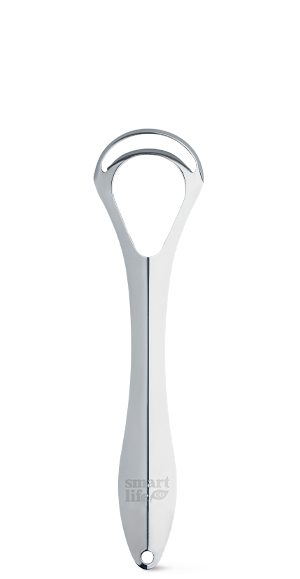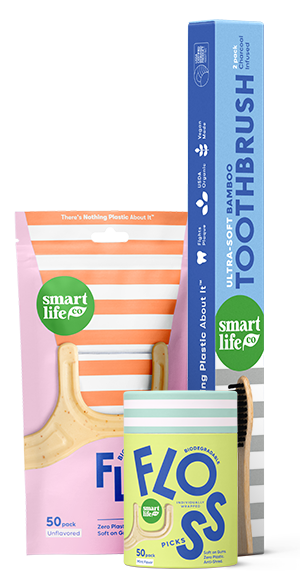In our journey towards a more sustainable future, it's the little things that count. Each choice we make in our daily lives, no matter how small, can contribute to a larger, positive impact on our environment. Let's explore practical ways to incorporate sustainable habits into our everyday routines, proving that small steps can indeed lead to significant changes.
What Sustainability Really Means
Sustainability is about meeting our needs without compromising the ability of future generations to meet theirs. It's a balance between economic, social, and environmental health. But, let's bust a myth here: living sustainably isn't about drastic lifestyle changes or sacrifices. It's about being mindful of our resources and making informed choices.
Sustainable Choices in the Home
Our homes are not just our sanctuaries; they're also the starting point for impactful environmental decisions. Energy conservation is key – think LED lighting and energy-efficient appliances, which not only reduce consumption but also save on bills.
Water is a precious resource, so fixing leaks and installing water-saving fixtures are crucial steps. And waste management – through recycling and composting – is essential. Even choosing eco-friendly cleaning products can make a big difference in reducing harmful chemicals in our homes and water supply.
Sustainable Eating Habits
Our dietary choices impact both our health and the environment. Embracing a sustainable diet means more than just what we eat; it's about how and where it comes from. Incorporating more local and seasonal foods reduces transportation emissions.
Reducing meat consumption might significantly lower your carbon footprint. Also, consider the packaging – opting for minimal or recyclable packaging can further reduce waste. Lastly, being mindful of food waste is crucial – planning meals and properly storing food can help reduce the amount that ends up in the bin.
Eco-Friendly Transportation
Our travel habits play a big role in our carbon footprint. Whenever possible, opt for public transport, biking, or walking instead of driving. These choices not only reduce emissions but also keep us physically active.
For longer distances, consider carpooling or electric vehicles. Additionally, planning your routes and combining errands can significantly cut down on travel time and emissions. Embracing these eco-friendly transportation methods not only benefits the environment but also promotes a healthier lifestyle, reducing traffic congestion and improving air quality in our communities.
Conscious Consumption
Every purchase decision is an opportunity to make a positive impact. Supporting local businesses not only helps the community but also reduces transportation-related emissions. When shopping, look for products with sustainable certifications and consider their lifecycle – choose items that are durable and repairable.
Reducing single-use items, especially plastics, is crucial. And don't forget about electronic waste; choose electronics wisely, use them as long as possible, and dispose of them responsibly. Being a conscious consumer means thinking about the entire lifecycle of the products we use.
Sustainable Fashion Choices
The fashion industry is a major environmental offender, but we can change this narrative. Opt for sustainable fashion by shopping second-hand or choosing brands that prioritize eco-friendly practices. Care for your clothes to extend their lifespan and consider repurposing them instead of discarding them.
Sustainable Self-Care and Hygiene
In the realm of self-care and hygiene, small changes can have a big impact. An environmentally friendly toothbrush, for example, is a simple yet effective switch. With options like bamboo, which is biodegradable, you're not only caring for your dental health but also for the planet.
Beyond using the best eco friendly toothbrush, consider other products like eco-friendly shampoos and soaps. Opting for natural, package-free, or biodegradable options reduces plastic waste and chemical runoff into our water systems. These changes in our daily hygiene routine, while seemingly small, collectively contribute to a significant reduction in environmental impact.
Green Community Involvement
Being part of a community that values sustainability can amplify our individual efforts. Participate in local environmental projects, attend community clean-ups, or start a neighborhood recycling program. Education and awareness are key, so share your knowledge and experiences with others.
Conclusion
Embracing sustainability in daily life doesn't require monumental changes; it's about making more informed choices in our everyday habits. From choosing an environmentally friendly toothbrush to supporting local farmers, each action we take is a step towards a more sustainable future.
Start small, maybe by focusing on building a sustainable dental routine. Mindfully brushing your teeth with the best eco friendly toothbrush you can find while ensuring to turn off the tap while brushing is a great way to start. Let's continue to take these small but powerful steps together.






